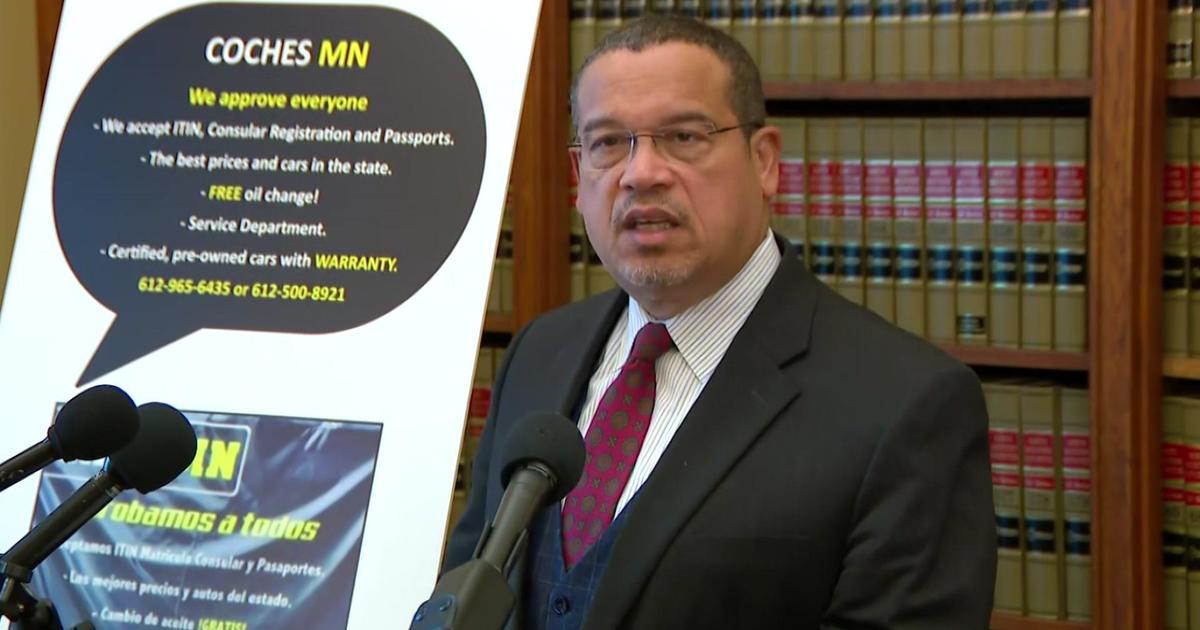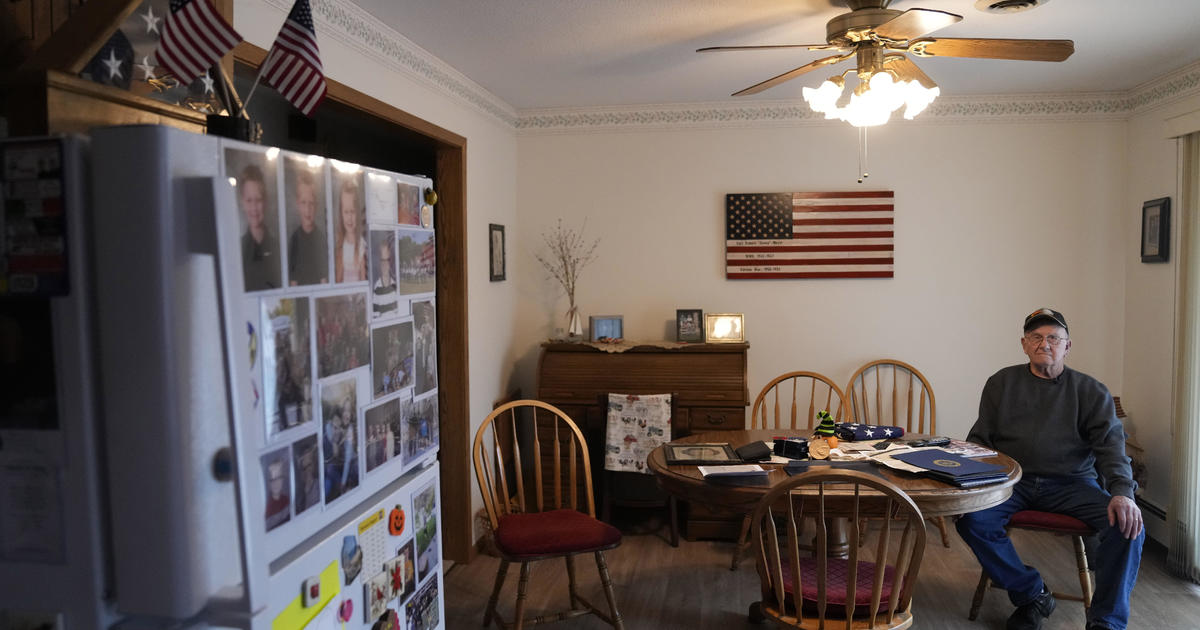Senate Panel Kills Bill To Reveal Reserved Tickets
ST. PAUL, Minn. (AP) — The number of tickets that are actually available for purchase by the general public for major concerts like Beyonce or Kenny Chesney will remain a mystery in Minnesota.
The Senate Judiciary Committee rejected a bill on Friday that would have forced major venues in the state to reveal how many concert tickets they withhold from public sale. Supporters of the bill said that's often a lot, with large blocs of tickets set aside for promotions by credit card companies, radio stations or other special arrangements.
"When I hear about a concert at a venue with 14,000 seats, I assume there's going to be 14,000 tickets available," said the bill's sponsor, Sen. David Tomassoni. "But that's rarely the case."
Critics said the bill would have made it harder for Minnesota venues to compete for major concerts. But Tomassoni said it could help explain to disappointed fans why it's so hard to score tickets for hot shows. Tickets for an upcoming Beyonce show at St. Paul's Xcel Center and a Kenny Chesney show at Target Field in Minneapolis both sold out in about 30 minutes.
"These venues are taxpayer-funded," said Tomassoni, DFL-Chisholm, in reference to state money that helped build the Twin Cities' major arenas. "Is it too much to ask that we give consumers this basic info?"
But a broad coalition of Minnesota venue managers, entertainment and sports organizations fought the bill. David Balcer, director of ticketing for Target Center, said major performing artists don't want scrutiny of their arrangements with credit card companies and other organizations.
"Many tours and touring artists will simply bypass our state to avoid the regulations in this bill," Balcer said.
Brian Luther, executive director of the Burnsville Performing Arts Center, said Minnesota venues are competing not just with each other but with arenas and other facilities throughout the Midwest. "This is an extremely competitive business," he said.
The bill was sought by the online ticket resale company StubHub, which is owned by eBay. Dan Larson, a lobbyist for the company, said it and others often are unfairly accused of using automated, or 'bot,' technology to snap up large numbers of tickets for resale.
"What's said is that the secondary market uses bot technology to eat up those tickets," Larson said. "StubHub doesn't believe that's the case. It may be limited inventory that causes the sellout."
Backers of the bill cited a recent investigation by Nashville's WTVF-TV which found that only 7 percent of tickets to an upcoming Justin Bieber concert in that city were actually available for purchase by the general public. The rest were reserved for purchase by American Express members, VIPs, fan club members and others with special access.
The bill would not have prohibited such arrangements, just required that they be disclosed. Sen. Ron Latz, the Judiciary Committee chairman, said he believed it would "shame" the artists into making more tickets publicly available. But only he and two other committee members backed the bill, not enough to keep it alive.
"Forgive my skepticism," said Sen. Julianne Ortman, R-Chanhassen, who voted against the bill. "But I don't think Beyonce is going to be shamed into making more tickets public."
(© Copyright 2013 The Associated Press. All Rights Reserved. This material may not be published, broadcast, rewritten or redistributed.)



